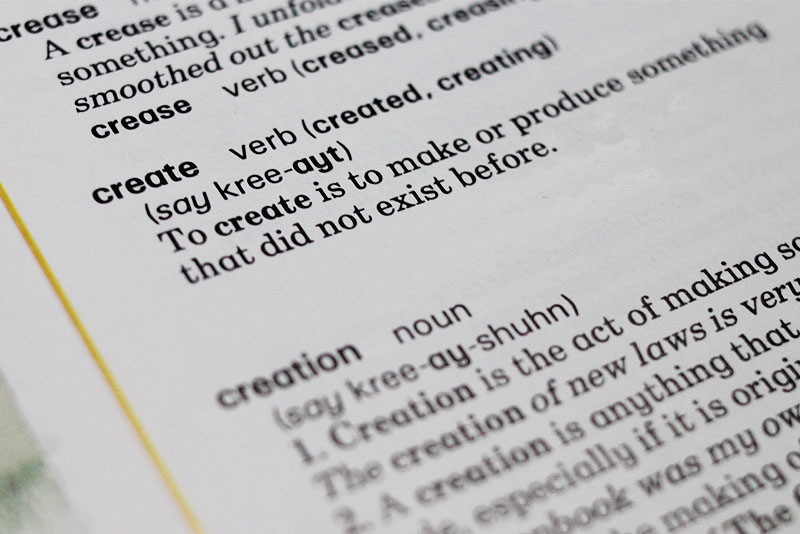
Is CREATE the Answer?
By Atty. Irwin C. Nidea Jr.
"The government obviously wants to jumpstart the economy by enacting this revenue eroding measure. It aims to equip businesses with more cash to spend for capital. Covid-19 is surging. The economy is dying."
Corporate Tax Reform has finally arrived. Last Friday, the President signed CREATE into law. As expected, it is met with mixed reactions. The law has given tax benefits but has also taken away some of them.
 The corporate income tax rate is reduced from 30 to 20 percent for MSMEs and 25% for all other corporations. The government hopes to encourage small businesses in the country as well as attract more foreign direct investments. There are questions however on how to compute income tax for 2020 since the reduced rate is retroactive starting July 2020 only. It means that the original 30% income tax rate still applies from January to June of last year. Should the taxpayer account its income from January to June and July to December and apply the corresponding rate of 30% and 20%/25% separately, or compute the sum of the annual income and apply the average rate of 20%/25% and 30% on the entire amount? These are issues that must be resolved immediately since the filing of income tax returns is due on April 15, 2021, unless the BIR extends the deadline.
The corporate income tax rate is reduced from 30 to 20 percent for MSMEs and 25% for all other corporations. The government hopes to encourage small businesses in the country as well as attract more foreign direct investments. There are questions however on how to compute income tax for 2020 since the reduced rate is retroactive starting July 2020 only. It means that the original 30% income tax rate still applies from January to June of last year. Should the taxpayer account its income from January to June and July to December and apply the corresponding rate of 30% and 20%/25% separately, or compute the sum of the annual income and apply the average rate of 20%/25% and 30% on the entire amount? These are issues that must be resolved immediately since the filing of income tax returns is due on April 15, 2021, unless the BIR extends the deadline.
Also, taking into consideration the difficulties encountered by corporations in 2020 because of the pandemic, the law allows losses to be carried over for the next five years, instead of the current three years. The additional allowance of Net Operating Loss Carryover (NOLCO) allows companies to deduct incurred losses from tax payments for a much longer period. It provides a lifeline for companies to survive the strong economic tides.
Proprietary educational institutions and hospitals which are non-profit are now taxed 1% only instead of the previous 10%. Mindful of the tendency of high-net worth individuals to park their income in other countries, the government is now encouraging them to bring their money back to the country by exempting foreign sourced dividends from tax. Funds from these dividends must be remitted into the country and reinvested in the business operations of the domestic corporation.
CREATE has created the Fiscal Incentives Review Board (FIRB). It has an overarching power over all government investment agencies. It has the authority to recommend to the President the fiscal and non-fiscal policies, among others. Companies applying for tax incentives must pass through it. We also know that a very important feature of the law are the sunset provisions on companies that are enjoying tax incentives. The government hopes that the sunset provisions will promote a fair tax incentive system.
The President however, has vetoed some important provisions. First, he did not agree to the proposed increase of VAT exempt sale of residential lot to P2.5 Million and house and lot to P4.2 Million. According to him, this will benefit those who can actually afford proper housing. This is also prone to abuse since real estate properties may be subdivided so that their value will fall within the vat exempt range. Second, the President finds the 90-day period of processing general tax refunds as a wishful thinking. The crafters of the law may have the good intention of providing immediate relief to taxpayers whose cash flow is severely drained by the slow processing of cash refunds. But the President knows the reality on the ground. Revenue officers will find it cumbersome to process claims for refund within 90 days. Third, he rejected the immense power given to a sitting President to unilaterally exempt an Investment Promotion Agency from the power of the FIRB with respect to the review and approval of applications for incentives. According to him, this provision will give a President immense power that may be used for political gains. Finally, the President rejected automatic approval of applications for tax incentives if the same is not acted within twenty days. This raises a red flag for red tape and corruption.
The government obviously wants to jumpstart the economy by enacting this revenue eroding measure. It aims to equip businesses with more cash to spend for capital. Covid-19 is surging. The economy is dying. It may not be perfect, but hopefully CREATE will give companies a new lease on life.
The author is a senior partner of Du-Baladad and Associates Law Offices, a member-firm of WTS Global.
The article is for general information only and is not intended, nor should be construed as a substitute for tax, legal or financial advice on any specific matter. Applicability of this article to any actual or particular tax or legal issue should be supported therefore by a professional study or advice. If you have any comments or questions concerning the article, you may e-mail the author at This email address is being protected from spambots. You need JavaScript enabled to view it. or call 8403-2001 local 330.



